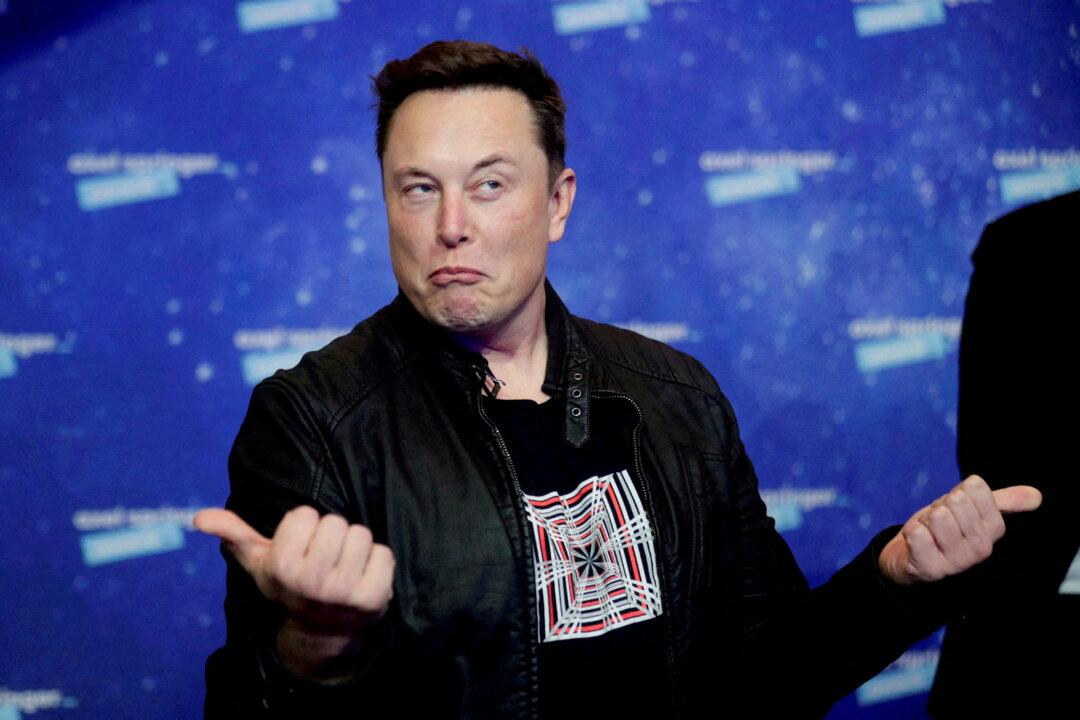News Analysis
What started off as a 9.2 percent stake in Twitter this past spring has turned into a litigious affair between billionaire Elon Musk and the social media giant.

What started off as a 9.2 percent stake in Twitter this past spring has turned into a litigious affair between billionaire Elon Musk and the social media giant.